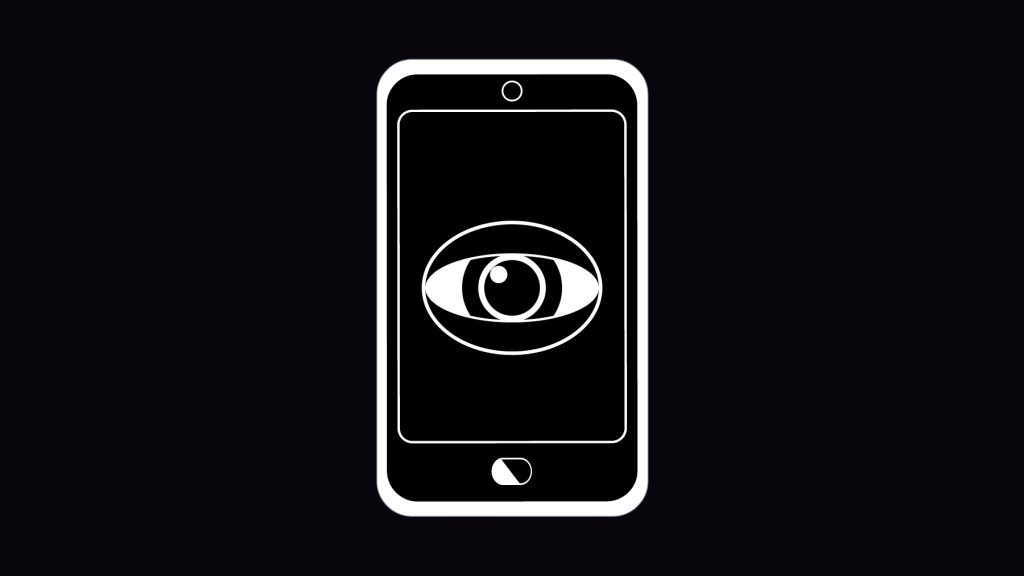
Today, smartphones have become indispensable, yet they are at the center of serious smartphone privacy fears. Many users question whether their devices are quietly tracking their every move or even listening in on conversations without their knowledge.
Jerry Hildenbrand, known for his “Ask Jerry” series and expertise in Android technology, sheds light on smartphone data privacy concern, clarifying how phones operate and what users can do to ensure their privacy.
Smartphones Put Your Privacy at Risk
It’s no exaggeration that smartphones can act as sophisticated tracking or listening devices. Voice assistants are designed to “listen” for a wake word, but in practice, they remain always on, processing audio in the background. They are supposed to respond only to the wake words, but also there is potential for misuse if permissions aren’t properly managed.
Various applications always request permission to access your device’s microphone. Most users give them without knowing what they are getting themselves into which leads to smartphone privacy concerns. This includes those requests that pop up when downloading a new app, which might say, “This application would like to access the microphone or your location.” The wording is usually vague, and most users quickly hit “allow” without thinking of the repercussions.
While most application developers create apps that absolutely need these permissions to function, one can’t help but consider there is a smartphone privacy risk in giving up access to a device. Users can minimize such risks partially by going into their settings and adjusting app permissions to reduce the amount of sensitive information they share with applications. Therefore, for added privacy smartphone protection users can disable a microphone completely if it is not in use.
Location Tracking
They also track where you are. Apps like Google Maps, and various social media services, will request to know your location so that they can tailor it further. However, the privacy focused smartphone can infer where you are through both GPS-you’ve given it a precise location-and less precise ways, such as Wi-Fi or Bluetooth, which is coarse location.
Even if you can restrict location access for individual apps, your cellular carrier still tracks your location through the cell towers your device connects to – even with location turned off, mobiles carriers can still record customers’ movements – and then the information may be up for grabs and sold to third parties.
It’s true that smartphones can track and listen in intrusive ways, but the average users lack the needed education on this, making them a target of severely malicious surveillance.
Most applications that request access to users’ microphone or location data, do so for legitimate reasons to optimize functionality through personalized services.
Though it is up to the user that can control certain aspects of how your device functions. Everyone should be aware that, in the present scheme of things, true smartphone privacy is perilously hard to find on this connected world.
Inside Telecom provides you with an extensive list of content covering all aspects of the tech industry. Keep an eye on our Intelligent Tech sections to stay informed and up-to-date with our daily articles.